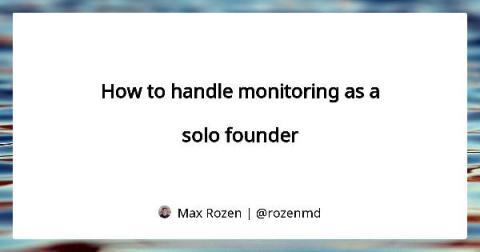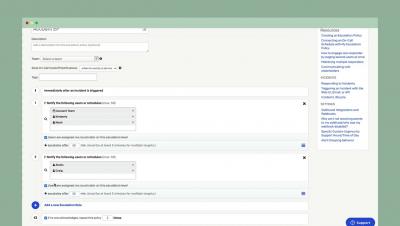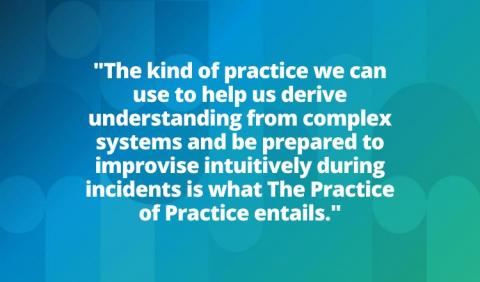What's New: Updates to Event Intelligence, On-Call Management, Automation, Mobile, and More!
We’re excited to announce a new set of updates and enhancements to the PagerDuty platform. Recent updates from the product team include On-Call Management, Event Intelligence, and Mobile Products, to PagerDuty Community & Advocacy Events.









